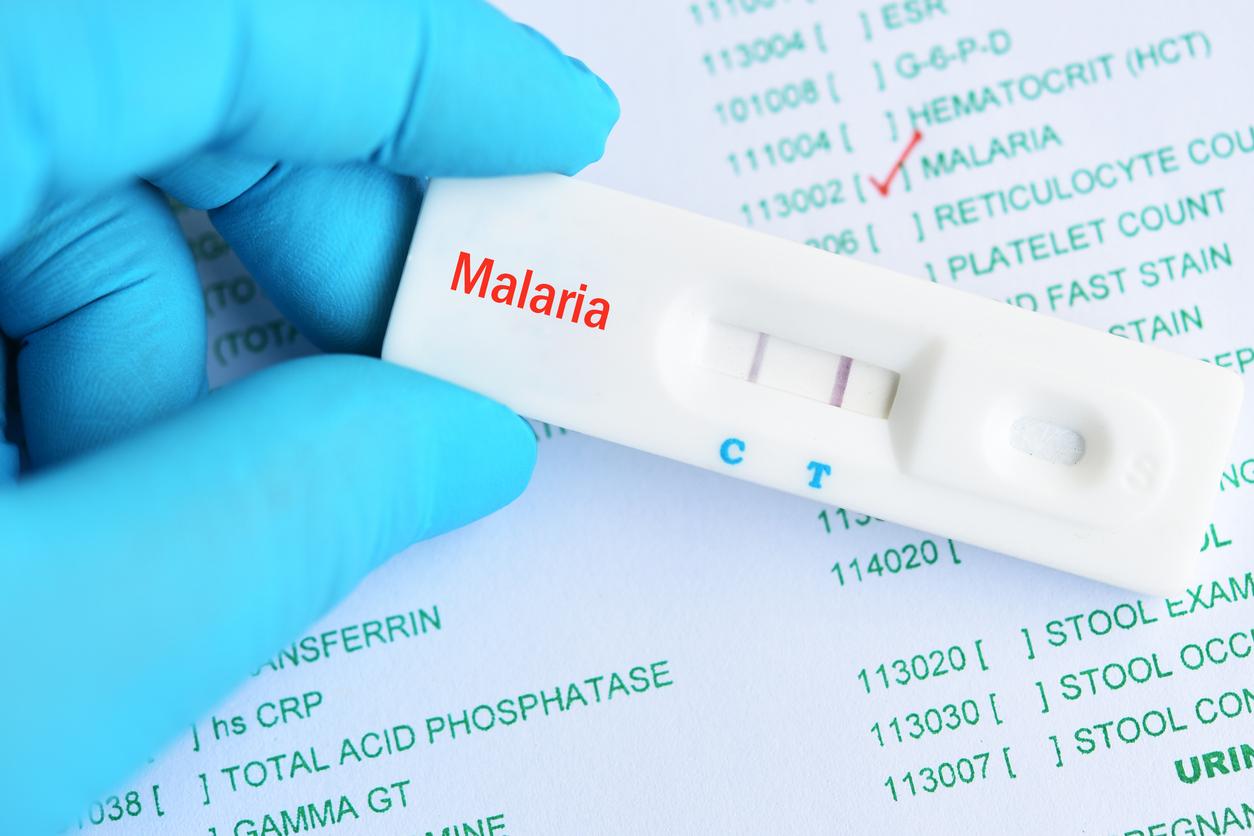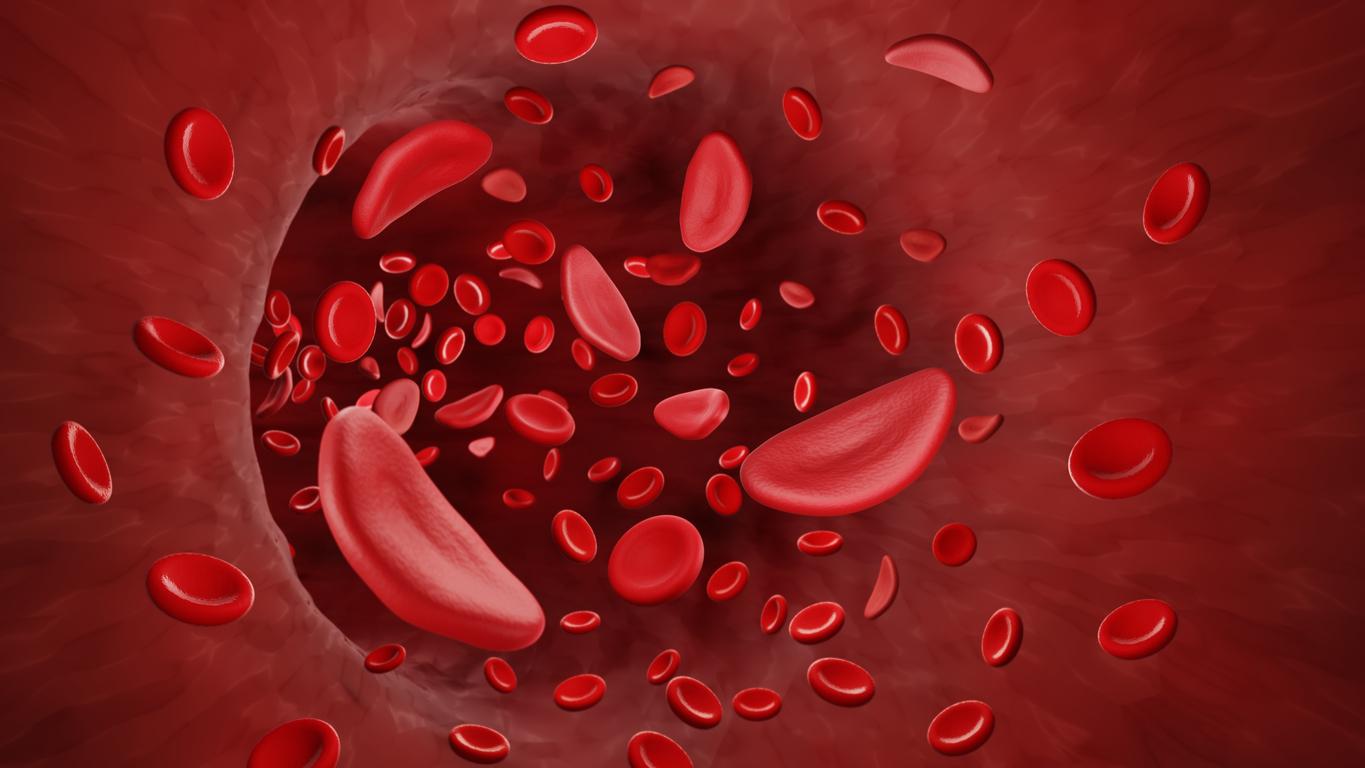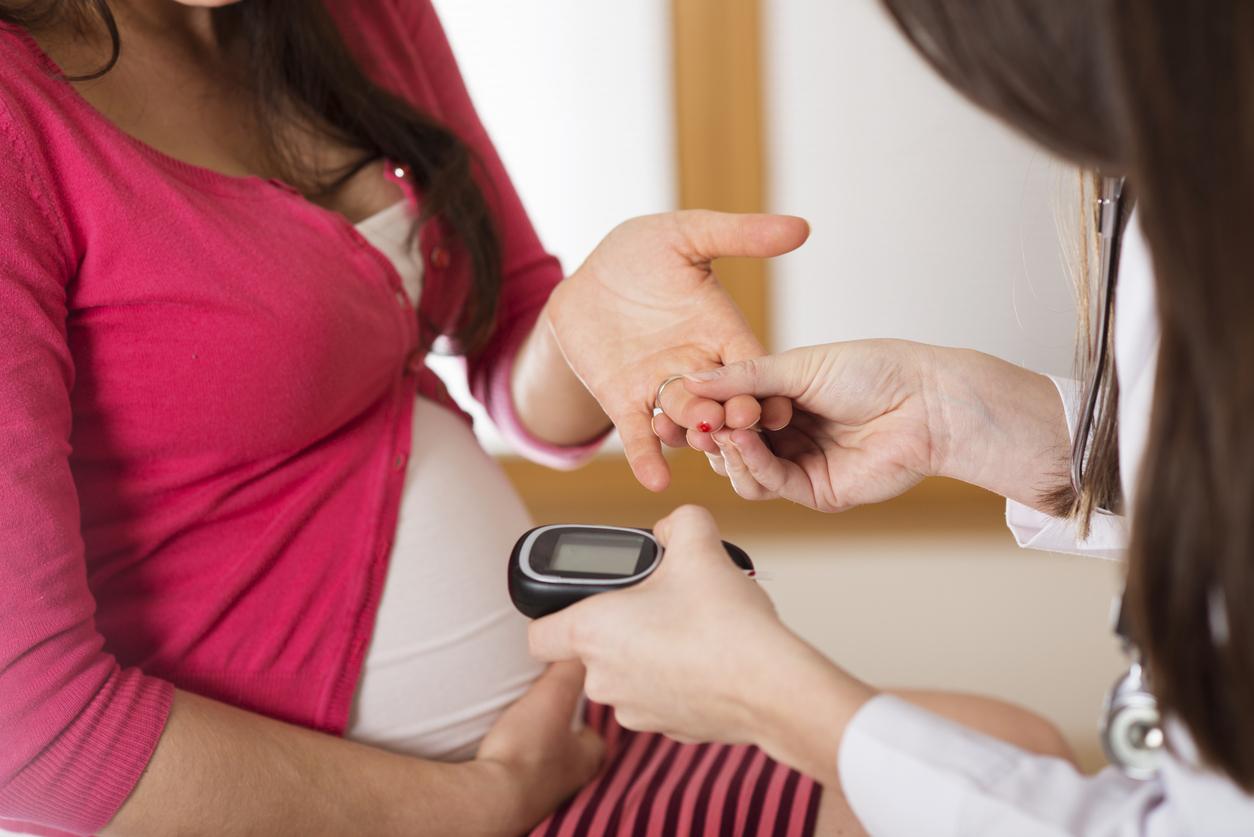In ten years, the number of adults not diagnosed with hepatitis C has decreased from 100,000 to 74,000. Among these patients who ignore each other, the majority are men.

While the treatment of hepatitis C is experiencing a therapeutic revolution that gives hope for its eradication in 10 years, many people are still unaware that they are infected with the virus.
A study published this Tuesday in the Weekly epidemiological bulletin (BEH) of the Institute for Health Surveillance (InVS) indicates, in fact, that between 2004 and 2014, the number of people not diagnosed for hepatitis C decreased from 100,000 to 74,000. they were men between the ages of 18 and 60, ”reveals the InVS.
“France is today one of the countries where the screening rates for HBV (hepatitis B virus) and HCV (hepatitis C virus) infections are the highest and the highest number of patients treated ”, underlines in the BEH editorial Daniel Dhumeaux, hepatologist at CHU Henri Mondor. But despite these encouraging results, the coordinator of the report on recommendations for the management of viral hepatitis in 2014 considers that it is necessary to go further and that the recommendations issued last year must now be applied.
Accentuate screening
To improve screening, the report recommended in particular combining screening for hepatitis C virus (HCV) with that for hepatitis B and AIDS. It also recommended targeted screening of men aged 18 to 60 who had never been screened before. Measures supported by the various studies presented in this BEH, according to Daniel Dhumeaux.
Thanks to the evolution of diagnostic tools, the accentuation of screening is possible. “They offer the opportunity to screen, outside of laboratories or healthcare structures, people who are difficult to access, such as drug users or people in a situation of social insecurity, from saliva or hair samples”, explain authors.
This BEH, published on this national day in the fight against viral hepatitis, is also an opportunity to recall that “the challenges of hepatitis C screening are important”. In fact, early detection makes it possible to limit the risk of hepatic complications (cirrhosis, liver cancer, etc.) linked to infection with the hepatitis C virus and death. A chronic disease which today benefits from very effective treatments since they allow a cure in 95% of cases.
.

















